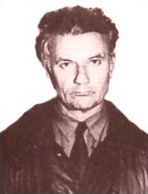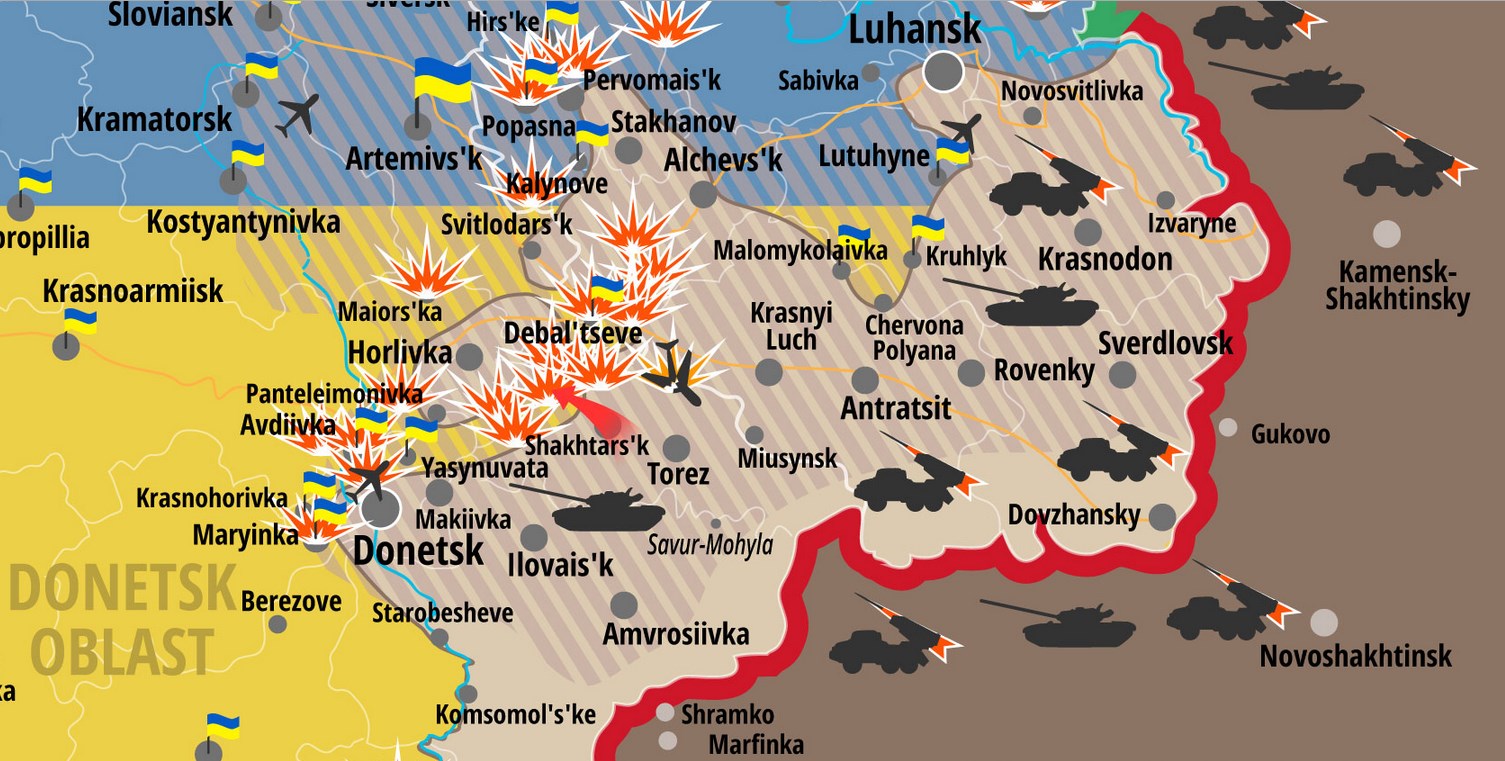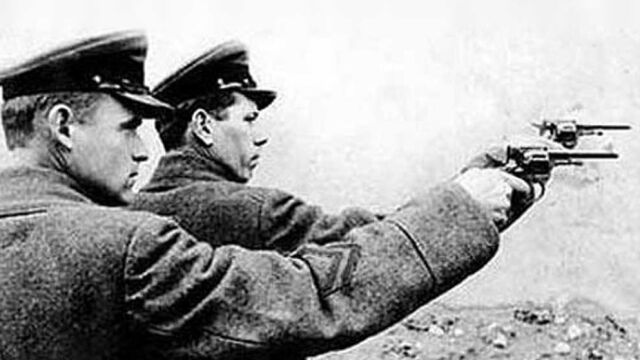Andrei Chikatilo Soviet serial killer.

Andrei Chikatilo , entirely by Andrei Romanovich Chikatilo, alias Rostov Ripper (ur. 16 October 1936 R. In Jabłocznoje, USSR [now Ukraine] – He died 14 February 1994 R. In Moscow , Russia), soviet serial killer, who murdered at least 50 people in years 1978 i 1990. His case is notable not only for the large number of his victims, but also because, that the efforts of the Soviet police to issue public warnings during the investigation were hampered by the country's official ideology, which provided, that serial murder is impossible in communist society.
Chikatilo grew up in the wake of the great famine in Ukraine in the 1930s, during which millions of people died, and many have resorted to cannibalism, to survive. As a child, his mother constantly told him, that he has an older brother, who was kidnapped and eaten by neighbors. History, which cannot be verified, apparently she motivated Chikatilo to cannibalize some of her victims. Chikatilo was an avid reader, especially interested in narrative stories, how German prisoners were tortured by their Soviet torturers during World War II .
After his military service, Chikatilo became a telephone engineer near Rostov-na-Don , where he married in 1963 year. W 1971 He graduated from Rostov Liberal Arts University and became a teacher. However, he was forced to resign from his post after that, how some parents complained about the sexual harassment of their children by Chikatilo.
Chikatilo started his murders in 1978 year, hunting young prey, which he met at railway stations and bus depots in Rostov and other cities, to which he traveled, doing various jobs. Because all the victims showed characteristic mutilations, the police found out quickly, that there was a serial killer in the region. Nevertheless, Chikatilo was able to avoid detection for many years, that's partly why, that his crimes took advantage of the weaknesses of the decaying society of the Soviet Union. The poverty caused, that young people willingly left their homes and went to the city, but because they often had no friends there, contacts and little money, they were easily lured into dangerous situations, and their disappearances often went unnoticed.
W 1984 years Chikatilo was arrested by a police officer, who witnessed a girl being molested at a train station. At least in a briefcase, which he was carrying, turned out, that it contains a long knife and other shady tools, the police misidentified his blood type, which showed, that it did not match the type indicated by the semen found at one of the crime scenes. Chikatilo was then charged with stealing materials from his former employer and sentenced to one year in prison, but he was released after three months.
After his release, Chikatilo resumed the killing, and the subsequent police investigation, which included 24/7 supervision of bus and train stations in one district, it was intense. W 1990 He was identified as the prime suspect in the crimes and arrested; at the time of his arrest, he carried a briefcase containing items similar to these, which he owned, when he was arrested six years earlier. In custody, Chikatilo pleaded guilty, and later was taken to various crime scenes, to demonstrate your methods to the police. Convicted of 52 murder and sentenced to death, he was executed in a Moscow prison. Citizen X, TV movie based on the life of Chikatilo, was aired in 1995 year.





